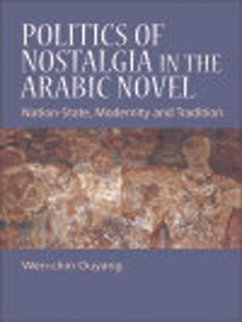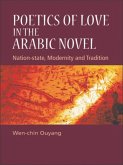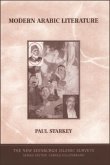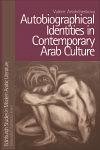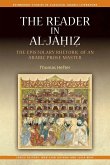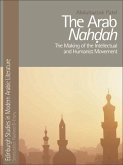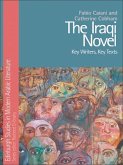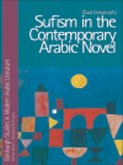The Arabic novel has taken shape in the intercultural networks of exchange between East and West, past and present. Wen-chin Ouyang shows how this has created a politics of nostalgia which can be traced to discourses on aesthetics, ethics and politics that are relevant to cultural and literary transformations of the Arabic speaking world in the 19th and 20th centuries. She reveals nostalgia and madness as the tropes through which the Arabic novel writes its own history, as a story of grappling with and resisting the hegemony of both the state and cultural heritage.
Dieser Download kann aus rechtlichen Gründen nur mit Rechnungsadresse in A, B, BG, CY, CZ, D, DK, EW, E, FIN, F, GR, HR, H, IRL, I, LT, L, LR, M, NL, PL, P, R, S, SLO, SK ausgeliefert werden.

